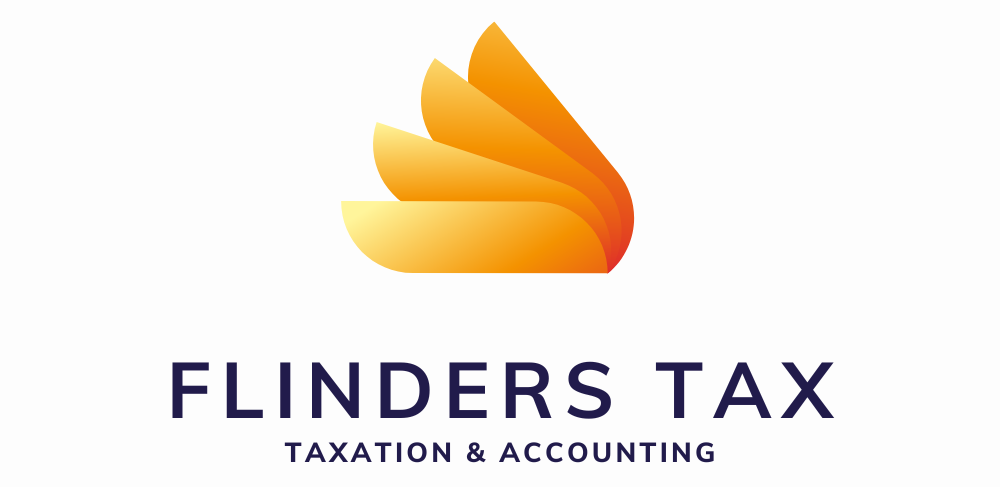The cost of buying meals when you work overtime, provided you have been paid an allowance by your employer (you can claim for your meals without having to keep any receipts, provided you can show how you have calculated the amount you spent)
The cost of parking, tolls, taxis and public transport if you are required to travel to attend seminars, meetings and training courses (if you need to stay away overnight you can also claim for the cost of all meals and your accommodation)
The cost of using your own car for work, including travel to collect the mail, do the banking, pick up stock or other supplies for the business, attend meetings, attend training courses or travel between 2 jobs or stores (to claim for car costs it is usually best to keep a diary record of the number of kilometres you travel during the year for work purposes and then we can calculate the amount of your tax deduction at the end of the year)
The cost of buying compulsory uniforms (including shirts, pants, skirts, jackets, jumpers – your uniform should have the business’s logo on it to ensure it is tax deductible)
The cost of laundry, renting, repairing or dry cleaning of your uniforms or protective clothing:
- If your tax deduction claim for laundry is under $150, no written documentation is required. The Australian Taxation Office calculates the cost of laundry at $1 per load of work-related clothing, or 50 cents per load if other laundry items are included.
- If you are claiming dry-cleaning or clothing repairs, you are required to keep receipts.
The cost of buying any protective equipment required for working at your business premises, including gloves, goggles, masks, steel-capped boots, gum boots, sun protection items, winter outdoor jackets and aprons. This is only relevant if the protective items are required to be worn by your employer, due to potential dangers in your work environment (eg if you work at a hardware or building supplies shop)
The cost of work-related short training courses, for example first aid, OH&S, bookkeeping, Aussie-Host, customer service, merchandising, computer skills or management, which are not run by a University or TAFE (you can also claim for the cost of travelling to and from the course and any accommodation and meal expenses if you are required to stay away overnight)
The cost of self-education courses run by a University (not including HECS/HELP fees) or TAFE (for example Cert III in Retail or Cert IV in Horticulture if you work in a Retail Nursery). If you are studying, you can also claim for the cost of books, stationery, equipment and travel required for your course
Work Tools & Equipment
The cost of buying and repairing equipment you use at work, including tools, electronic organisers, laptop computers and mobile phones
The cost of any materials or supplies that you buy for use at work, for example stationery, diary, work bag, tool belt or briefcase
The cost of annual association membership fees or union fees (for example SDA)
The cost of work-related magazines, journals or books (these could include customer service, computer, management or OH&S books or books relating to the type of products that you sell)
The cost of work-related mobile or home telephone calls and rental (you should keep a diary record of the number of phone calls you make for work for one month and then we can use that to estimate your usage for the whole year)
The cost of work-related internet connection fees (you can only claim the proportion of your monthly fees that relate to work use, which could include emailing or research relating to your job)
The cost of maintaining a home office if you are required to complete work at home (you should keep a diary to record how many hours per week you spend working from your home office) – these expenses include electricity, water, heating, cooling, fitting in your home office
The cost of tax agent fees – preparing tax return, object or appeal an assessment, tax-related advices.
